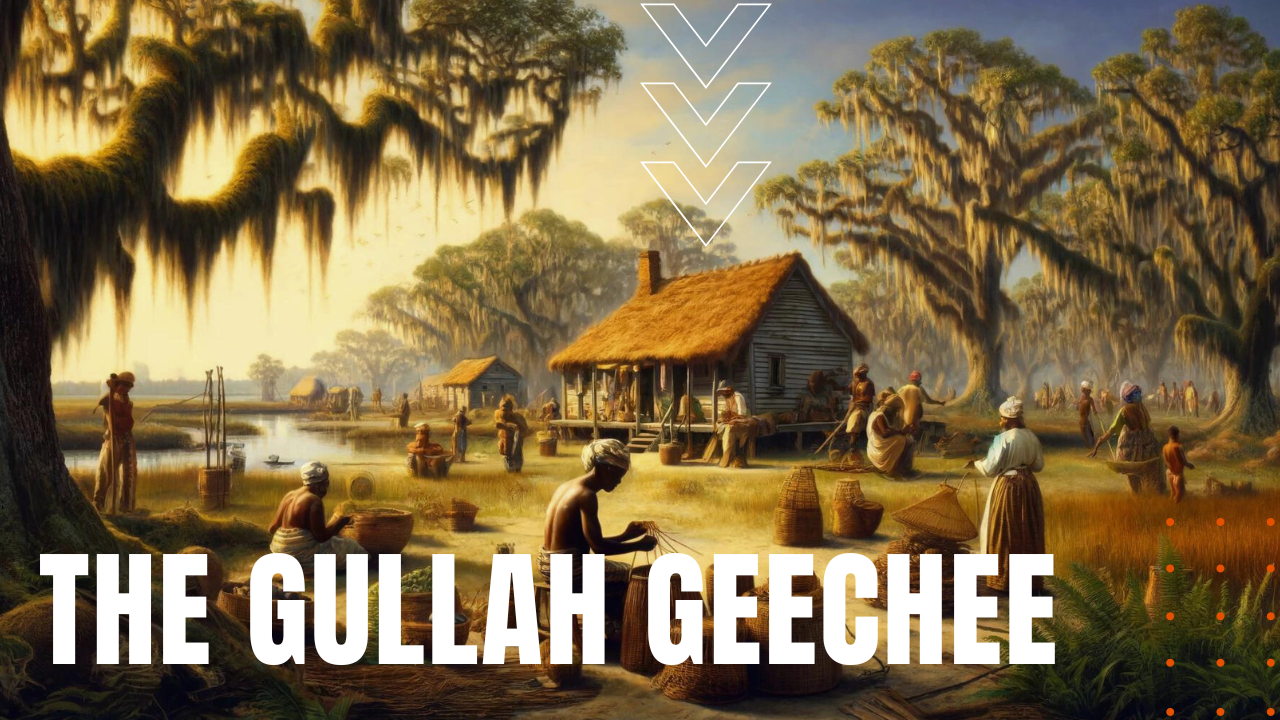The Gullah Geechee

When many rice-growing people from West Africa were brought against their will to the Sea Island region of the United States, to Atlantic coastal plantations producing rice, indigo and Sea Island cotton, they brought with them their arts and crafts, cuisine, religion and music, which, thanks to the isolated nature of Sea Island plantations, has persisted and flourished to this day. To add to the complexity of the Gullah Geechee people, who still live in a heritage corridor from Pender County North Carolina to St. John’s County Florida, the Gullah Geechee language began as a simplified and common way to communicate among slave traders, various ethnic groups from Africa and slave owners in the coastal South, creating a unique creole language that has heavily influenced Southern vocabulary and music over the hundreds of years of slavery and beyond.
Rich Cuisine & Traditions
Given the sharing nature of African cultures, Gullah Geechee cuisine relied on available yet limited foods that were supplemented by the abundant seafood and game native to the region, keeping alive their African methods of seasoning, preparation and colorful presentation of Gullah Geechee cuisine, and since Gullah Geechee plantation cooks were primarily enslaved women, much of the Southern flavors we know today stem from the ancestral creativity of early enslaved chefs. The Gullah Geechee also brought their rich musical traditions into the Sea Island region, which evolved out of the conditions of their lives, creating a musical style that has since heavily influenced many genres of American music, including gospel, ragtime, rhythm and blues, soul, hip hop and Jazz.
Praise House Gatherings
Practicing their own adaptive brand of Christianity mixed with their African beliefs in God, community above self, ancestry and kinship bonds, Low Country plantations frequently provided praise houses, which helped to mold and solidify the lasting traditions of the Gullah Geechee people. Designated by an act of Congress on October 12th, 2006, through the National Heritage Areas Act of that same year, the Gullah Geechee Cultural Heritage Corridor has been charged with recognizing, sustaining and celebrating the Gullah Geechee people, while a commission supported by public and private funding has been tasked with preserving the culture of the Gullah Geechee for the benefit and education of the public, making the Gullah Geechee, prized and cherished members of the American diaspora.
